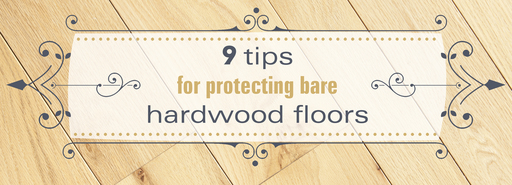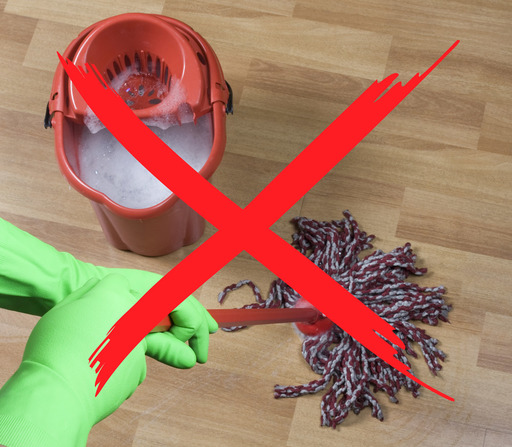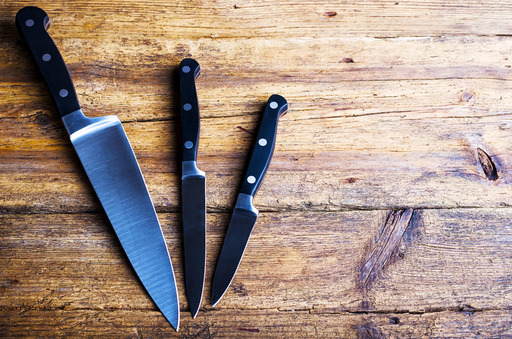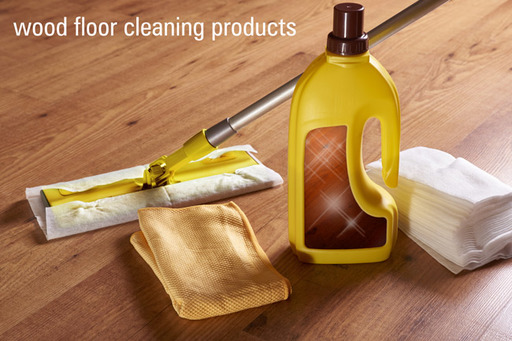How to Prevent Damage To Bare Wood Flooring

Why do people love wood as a flooring material so much? Well, there are many advantages to it but one benefit stands above all. Wood is a completely natural material creating a warm and cosy atmosphere in our home and no artificial substitute can ever match that! This is the real reason why timber is the flooring of choice not only in the UK but around the world. Timber has served man for centuries and continues to do so today.
There are also those individuals who prefer to go one step further and keep the wood as natural as possible by not even applying a finish. For some, the plastic look of a lacquer is a turn-off. For others, the volatile organic compounds (VOCs) contained in some finishing products is equal to self-poisoning.
Whatever the reasons, hardwood needs protection and the most reliable way to get it is by applying a floor finish. In this article, we will try to provide some tips on the matter but since the bare, naked timber is very vulnerable, the advice is going to be more about how to prevent damage, rather than fixing already existing issues.
How to Protect Unfinished Hardwood?
Wood is very susceptible to water. Unfinished wood is even more so. Water damage is the enemy number one to any wooden surface, flooring or not, and the bare timber is completely exposed. Do not ever attempt to clear your floor with water or soap because the potential damage far outstrips the possible benefit.
1. Stains and spills. They are the most common sources of water damage. You have no reliable way to protect from them so the best you can do is to clean them as soon as they appear. Later leave the wood to dry gradually, do not try to heat up the room as it would more likely expand.
2. Professional floor cleaning products. Most if not all of them are intended for floors with a certain type of finish. It is what they are made for and trying to use them on naked wood can lead to stains or some kind of additional damage.

3. Abrasive materials. Floors with protective coating suffer from scratches, as well but depending on the finish the protection is pretty reliable. In the case of unfinished floors any abrasives used for cleaning will lead to a distressed surface. Sharp objects are also a big no-no. That’s not in the case though where you see every new dent as a personality trait of the floor and like the history behind it.

4.Mopping. Probably the best way to clean is by using a microfiber mop in combination with a minuscule amount of water from a water spray. Or a special wood flooring spray designed to evaporate in mere seconds like the Bona floor cleaning kit.
5. Vacuuming. At the very least it will keep the dirt and dust from building up. This should reduce the amount of mopping that needs to be done.
6. Doormats. Having those in key locations, especially near the doors can significantly ease your time cleaning. Some people are too shy to ask their guests to take their shoes off when coming in but this will help your floor stay in good condition for a longer time.
7. Buffing. There is no denying the fact that a floor lacking a finish is just not practical. If such his surface takes damage you cannot remove, might be best to rent a small buffing machine and try to remove the issue. Buffing machines are meant to remove minor scratches and dents but for anything more serious they won’t be able to help.
8. Waxing. Consider waxing your floor. If the reason you are not finishing your floor is potentially dangerous VOC’s in certain products, then keep in mind that there are completely natural alternatives with absolutely zero amount of VOC. The main components of those are paraffin wax, beeswax, and carnauba wax. The cheaper the product the more paraffin in it.
9. Using a Completely VOC-Free Finish
Many finishing products advertise that they are VOC- free. In truth, they aren’t. They have very low, unsubstantial amounts of it but they still have it. Even waterborne finishes can release such chemicals.
A good example of a completely VOC- free floor finish is the Rubio Monocoat. It is a mixture of linseed oil and engineered waxes so it is containing 0 g/L VOCs.
Not having a floor finish means that you have significantly shortened your floor’s life by reducing its durability and making it much harder to maintain. If you have any other reasons but the purely aesthetical ones not to apply a coating – do you think you may want to reconsider?